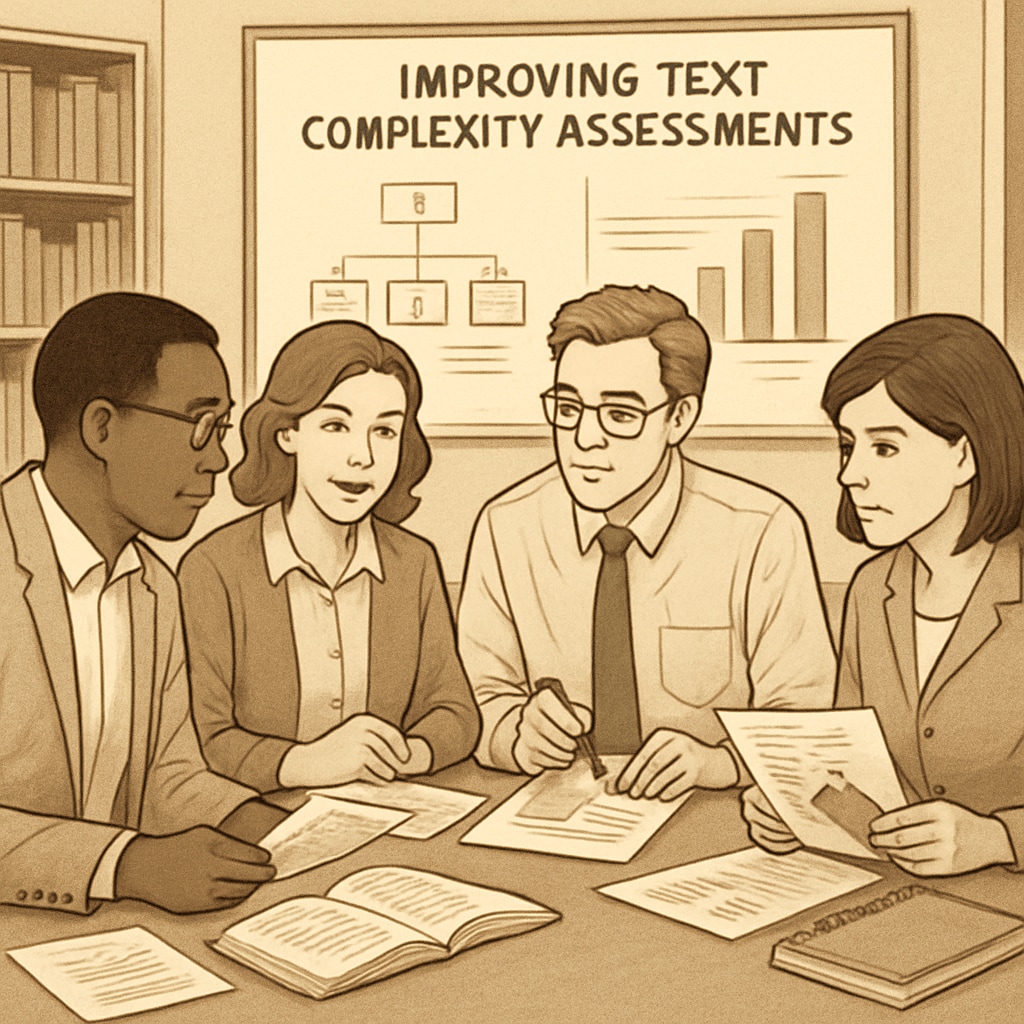Understanding “reading comprehension, teacher volunteers, text complexity” is at the heart of a groundbreaking research project aiming to revolutionize how educational materials align with student abilities. This initiative invites K12 teachers to collaborate and contribute their frontline expertise to refine the grading system for reading texts. By doing so, the project seeks to bridge the gap between students’ reading capacities and the complexity of teaching materials, ultimately fostering stronger literacy skills and academic success.
The Importance of Text Complexity in Student Literacy
Text complexity plays a pivotal role in shaping how students engage with reading materials. It encompasses various factors such as vocabulary difficulty, sentence structure, and thematic depth, which collectively determine whether a text is suitable for a specific age or proficiency level. When text complexity is accurately assessed, students are more likely to encounter content that challenges them appropriately without overwhelming their abilities.
However, current systems often rely on generalized metrics without fully accounting for the nuanced expertise of teachers. Educators, with their hands-on experience, can provide invaluable insights into how students interact with texts in real-world classroom settings. By involving teachers in this research, we can build a more dynamic and responsive system that better supports student development.

Why Teachers Are Key to This Research
K12 teachers are uniquely positioned to contribute to this study for several reasons:
- They work directly with students across diverse reading levels and backgrounds.
- They understand how text features impact comprehension and engagement.
- They can identify gaps in current grading systems and suggest practical improvements.
As a result, teacher participation can significantly enhance the accuracy of text complexity evaluations, ensuring materials are better tailored to student needs. This collaborative approach recognizes teachers as essential stakeholders in shaping the future of reading education.

How You Can Get Involved
If you’re a K12 teacher interested in contributing to educational advancements, this project offers a meaningful opportunity to make a difference. Participants will be asked to evaluate sample texts based on predefined criteria and provide feedback on how these align with their classroom experiences.
Benefits of joining the project include:
- Playing a direct role in improving educational resources for students nationwide.
- Gaining insights into advanced methods for text complexity assessment.
- Networking with fellow educators and researchers in the field of literacy development.
For more information on text complexity and its impact, check out Reading comprehension on Wikipedia or explore Literacy on Britannica.
By actively participating, you can help bridge the gap between theory and practice, ensuring that reading education evolves to meet the needs of every student.
Looking Ahead: The Future of Reading Education
With the input of dedicated teachers, this research aims to create a more effective and inclusive system for evaluating text complexity. The long-term goal is to empower educators with better tools and insights, enabling them to foster stronger literacy skills in their students. Together, we can build a brighter future where reading education truly supports every learner.
Are you ready to contribute your expertise to this impactful project? Join us today and be part of the change!
Readability guidance: This article uses concise paragraphs, lists to highlight key points, and transitions like “however” and “in addition” to ensure clarity. The passive voice is minimized, and sentence length is controlled for accessibility.


